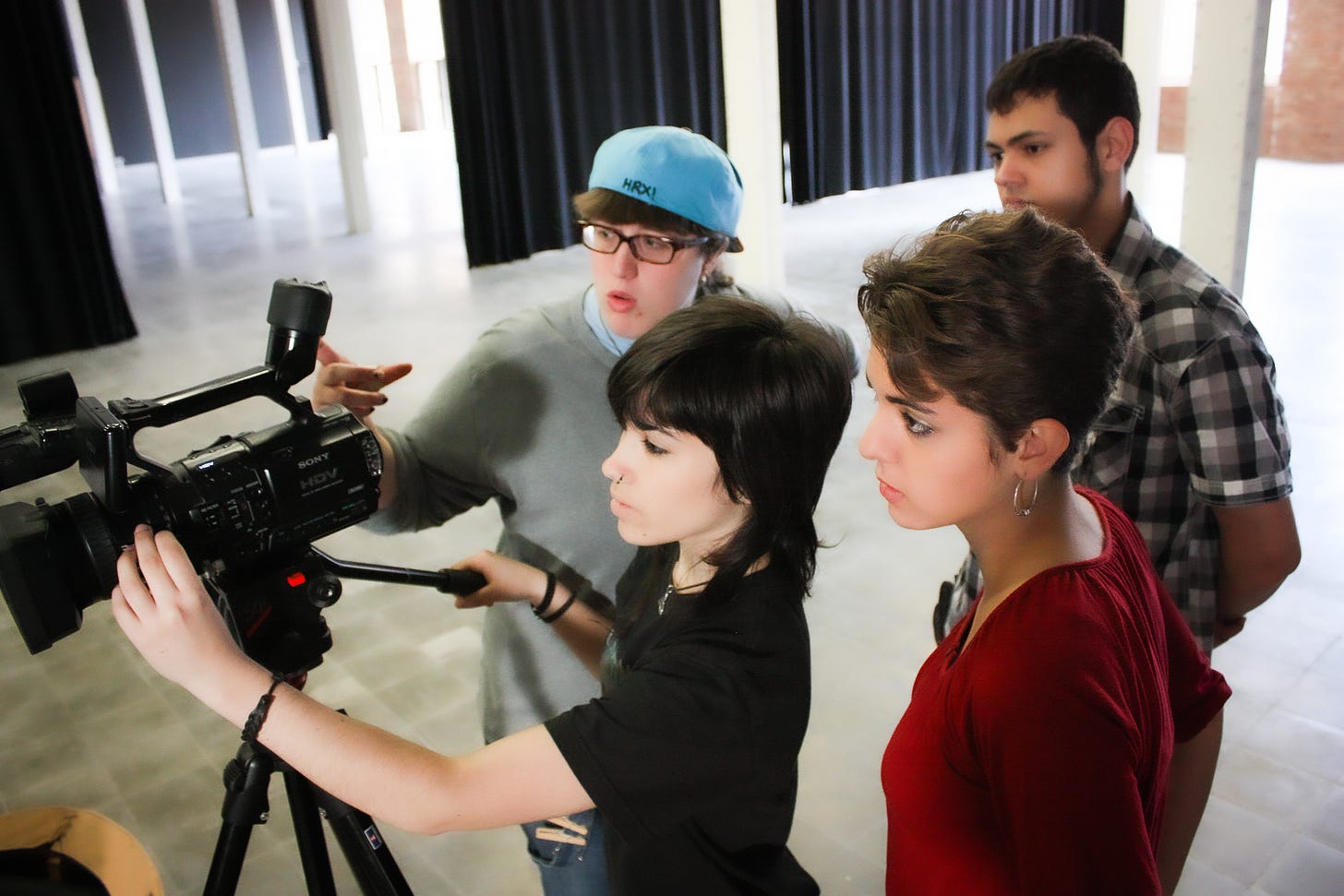Moving Beyond Competition: Promoting Collaboration and Holistic Well-being
By emphasizing winners and losers, competition often undermines the development of kindness, empathy, and love within individuals and communities.
In Western cultures, particularly in the United States, there is a prevalent belief that competition drives personal growth, strength, and intelligence. While it may be true that competition can push us to excel academically or professionally, it also has the potential to create toxic environments. By emphasizing winners and losers, competition often undermines the development of kindness, empathy, and love within individuals and communities.
In Western societies, competition is often seen as a catalyst for improvement. It can motivate individuals to strive for excellence, think creatively, and achieve goals. It encourages a constant drive for self-improvement and innovation, which can lead to advancement in various fields.
However, it’s crucial to recognize the downsides of an overly competitive mindset. When competition becomes the sole focus, it can foster environments where individuals prioritize personal gain over cooperation and collaboration. This can result in cutthroat behavior, where people may be willing to do anything to come out on top, even at the expense of others. In such environments, the seeds of toxicity are sown, and individuals may experience high levels of stress, anxiety, and burnout.

Furthermore, adopting a hyper-competitive mindset often perpetuates a simplistic perspective on success, categorizing individuals into winners and losers, while neglecting to define what constitutes genuine achievement. While financial prosperity and widespread recognition may be considered success by some, others may perceive success as the ability to lead a modest and less materialistic life. This dichotomy can engender feelings of inadequacy and self-doubt among those who perceive themselves as “losers” in the competitive race. The prevalent inclination in American society to place excessive emphasis on comparison and hierarchical rankings is perpetuating a state of pressure to outperform others, thereby adversely affecting individuals’ self-esteem and overall well-being.
When discussing the educational environment, it becomes difficult to overlook the pervasive presence of a competitive mindset. School programs and standards predominantly revolve around cultivating competitive traits.
When discussing the educational environment, it becomes difficult to overlook the pervasive presence of a competitive mindset. School programs and standards predominantly revolve around cultivating competitive traits. Assignments are designed with a competitive edge, tests emphasize competition, and even during break time, students may opt for video games that reinforce the competitive element, often incorporating violence as a mens to eliminate opponents. Additionally, if students choose to engage in sports, their engagement goes beyond mere play; it evolves into a fiercely competitive endeavor. Similarly, when young people navigate the social media platforms, they are immediately confronted with the qualification of likes on posts, leading them to hastily draw conclusions and assign labels such as “winner,” “attractive,” and “popular,” to others, even before truly engaging with the content of the post itself. The pervasive nature of competition becomes apparent. Furthermore, it is imperative to acknowledge a disheartening example from the adult world. Merely engaging in competition by launching an app to “kill” rivals is deemed insufficient; instead, there is an inclination to amplify the process with added drama, even resorting to threats of cage fights (Twitter Vs. Threads.) This spectacle is meticulously magnified by the very mass media that reports extensively on the concerning prevalence of mental health issues among our children.

This situation raises an important concern: How can we realistically anticipate our children to evade mental health challenges when they are immersed in an environment that fosters intense competition at every turn?
How can we address this issue and foster an environment where collaboration becomes a fundamental element for progress, innovation, and personal growth through cooperation?
Finding a resolution may be contingent upon the manner in which we define our goals and, more significantly, the methodologies we employ with students to achieve these objectives. By embracing collaboration and leadership, as well as redefining our notions of success, we can chart a course toward a more inclusive and holistic approach:
Collaboration
Encouraging students to utilize their common sense and recognize the importance of friendship and teamwork for play, rather than fostering a competitive mindset, can be a starting point to nurture collaboration. Designing activities that prioritize teamwork, such as video production and expressive arts like plays, music or dance, can further this objective.
Leadership
Reassessing the significance of leadership, perceiving it as a vital component in fostering collaborative and healthy enterprises, aimed at overcoming obstacles collectively rather than merely seeking individual success and acquiring prestigious roles titles.
Success
Developing activities that assist children in recognizing the multifaceted nature of success is crucial. It involves an understanding that success extends beyond mere financial achievements and encompasses emotional and spiritual fulfillment. Encouraging children to explore where their personal success lies, how it intertwines with their interaction with others, and ultimately how collective success takes shape can be transformative. By broadening their conception of success, we empower children to embrace a more holistic and inclusive perspective.

The Bottom Line
In conclusion, our society’s obsession with a hyper-competitive mindset and narrow definitions of success has profound consequences, especially for children and young people. To address these challenges, it is imperative to cultivate a paradigm shift toward collaboration and a more inclusive understanding of success. This necessitates a reevaluation of the goals we set and the methodologies we employ in educational settings. By nurturing this holistic perspective, we can foster and environment where children can thrive, free from constant pressure to outshine others and instead, grow through collaboration, cooperation, and shared vision of success.




